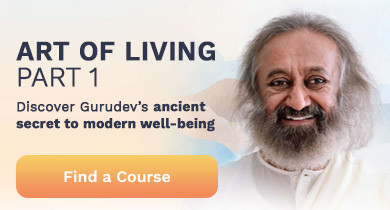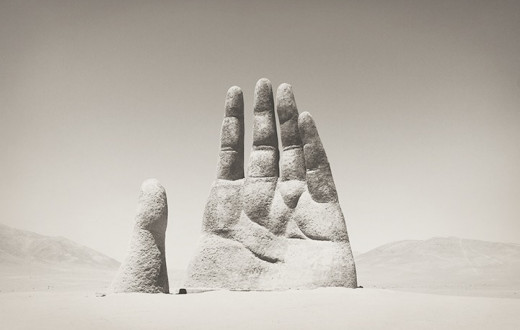Patanjali Yoga Sutra Knowledge Sheet 65
Contd. from knowledge sheet 64
Human consciousness is like a seed. A seed has the possibility of a tree, of the leaves, of a branch, of fruits, of flowers, of multiplication, so also the human mind. A seed needs a proper ground, proper conditions, sun light, water, proper soil for it to sprout and blossom. Isn't it? Similarly human consciousness and human mind. Either the seed can be dormant for years together keeping its possibility with in itself or it starts blossoming, sprouting. The sprouting of the seed of human consciousness is viveka, dicrimination. Freedom comes with viveka, discrimination.
All other species in this creation are governed by nature totally. They do not need discrimination, nor do they have the freedom. So they never break the laws of nature. Human mind, human consciousness has this possibility of freedom, has been given freedom and it also has been given discrimination. It is through viveka, wisdom, discrimination that the human mind, human consciousness can progress or it can remain where it is. You will not find any animal over eating, generally. They do not resort to perverted eating. Normally animals just eat and mate in time. They eat in time. They rest in time. They have no choice. But human beings have this freedom to eat whenever they want to, do whatever they want. This freedom is given along with discrimination, along with wisdom, along with the consequences of action. Knowledge of consequences of action, so that humans can choose and lead life with wisdom. Are you getting what I am saying? Specialty of human life is that it is governed by viveka, wisdom, discrimination.
How should this come up? How can this be enhanced? How to make the seed sprout? How to make the sapling? Once the sapling has come it will need watering again and again till it grows. A seed has the possibility. But if it is not watered then the possibility remains a possibility and does not manifest.
Here Patanjali steps in and says –
“Yoga anga anushtanat ashuddhi kshaye jnanadi Apthiraviveka khyatehe’’ (II Sutra 28)
yoga = yoga; anga = limbs of; anushtanat = by the practise of; ashuddhi = impurities; kshaye = destroyed; jnana = wisdom; diApthihi= the light of; viveka = discrimination; khyatehe = knowledge.
“By the sustained practice of the eight limbs of yoga, the impurities are destroyed and the light of wisdom, discrimination shines forth.”
Yoganushtanad, by practising the eight limbs of yoga, by observing the limbs of yoga, through yoga, ashuddikshaye, the impurities get limited or destroyed. Jnana depthihi, viveka, the wisdom shines forth. The husk is strong. The sprout moves through this and the grain comes out.
Now, what are the limbs of yoga? “Yama niyama asana pranayama pratyahara dharana dhyana samadhi ashtau angani”.
“Yama niyama asana pranayama pratyahara dharana dhyana Samadhi ayoashtav angani’’ (II Sutra 29)
yama = restraint; niyama = observance; asana = postures; pranayama = regulation of breath; pratyahara = substitute food for the mind; dharana = ability to focus; dhyana= meditation; samadhi = higher states of consciousness; ashtau = eight; angani = limbs.
“Restraint, observance, postures, regulation of breath, substitute food for the mind, ability of the mind to focus, meditation and higher states of consciousness are eight limbs of yoga.”
Now we will go into the details of each and what is the result that can be expected from each one of these.
Yoga Sutras of Patanjali
Yoga has eight limbs like a chair which has got four legs. Yoga has eight legs, eight limbs; each one is connected to the whole. So if you pull one, everything else will come. If you pull one leg up, the whole chair comes. When the body is developing, the whole body develops together. Organs develop together. Not that the nose develops first and then the ear comes. Simultaneously all the aspects, all the limbs of the body develop. That is why Patanjali says that these are all the limbs of yoga.
<<Change is InevitableThe five Yamas of Patanjali >>
(This is part of a series of knowledge sheets based on Gurudev Sri Sri Ravi Shankar's commentaries on Patanjali Yoga Sutras.)





























